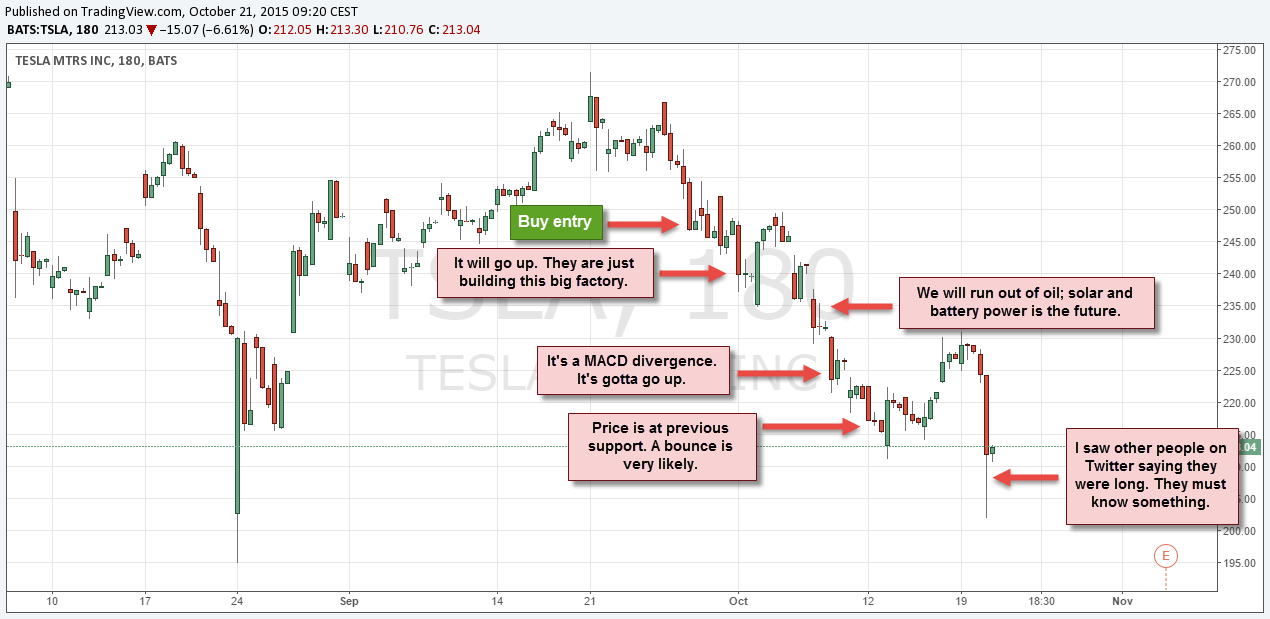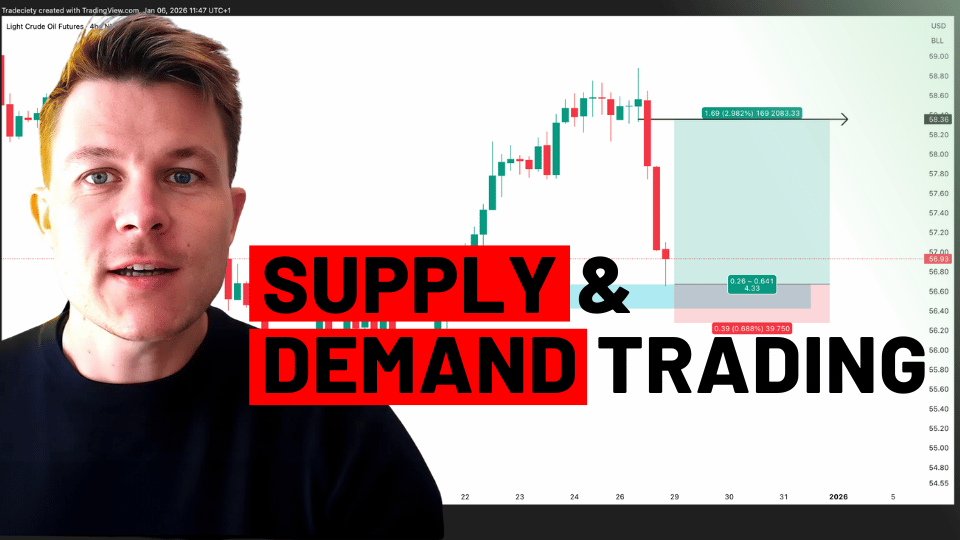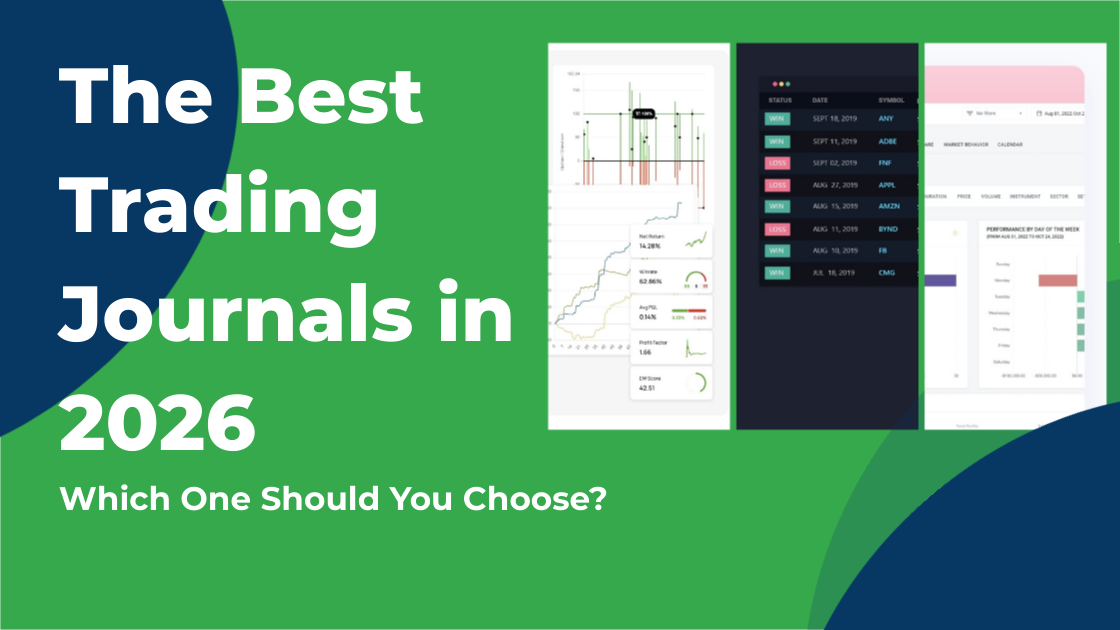Supply and Demand Trading in 2026
We have been trading supply and demand strategies for over ten years, and they have stood the test of time remarkably well. Supply and demand is...
2 min read
Rolf
Oct 26, 2015 8:00:00 PM

If you are a trader, you are in the business of decision making; every day you have to make decisions about what to trade, when to buy, how to maneuver your orders, when to exit and how to react to changing conditions.
If you want to be a successful trader, you have to make the right decisions. Of course, this is easier said than done and there is a lot to it; but there is one component of the decision making process which stands out and it influences your actions on a daily basis and usually you don’t even know it.
 I am sure that you only want to enter ‘good’ trades and avoid making bad decisions. There is one psychological bias which messes with our minds and it creates the effect which traders refer to as “being married to a trade”.
I am sure that you only want to enter ‘good’ trades and avoid making bad decisions. There is one psychological bias which messes with our minds and it creates the effect which traders refer to as “being married to a trade”.
There was an experiment where professional horserace handicappers (people who bet on horseracing) were asked to estimate the likelihood of certain outcomes of horseraces before they had placed any bet.1 Then, they had to actually make a bet on some races. After they had placed their bets, they were asked again how certain they were about the outcome of the race.
The findings were very obvious; after they had placed their bet, the professionals were much more certain and convinced that their decision was the right one, even though nothing had changed.
What happened that made the professionals take a much stronger opinion after putting down the money?
The psychological phenomenon at work is called “cognitive dissonance”. As humans, we like harmony and order in our lives; if something is not going according to plan, we fix it and find solutions to bring everything back into a state of order. Investopedia defines cognitive dissonance as “the unpleasant emotion that results from believing two contradictory things at the same time.”2
The horse bettors bet their money on a certain outcome and in order for them to achieve a state of harmony, their minds made them believe that their decision was the right one. It creates a lot of stress if they would have started doubting their decisions and we usually do everything to avoid doubts and stress.
In trading, it works exactly the same. We buy a certain instrument because we believe that its price will go up. But, if prices start falling and our position moves against us, we look for information that confirm our initial idea. We try to create a state of harmony and congruency by creating a strong sense of certainty. The more price goes against us, the more certainty we need to avoid cognitive dissonance, which then creates the effect of “being married to a trade”; we can’t cut our loss because it would confirm that we were wrong.
The screenshot below marks a hypothetical long trade just before price started plunging. To stay in the trade and to justify his position, the trader looks for all the confirmation he can get his hands on. Usually, traders start looking for outside confirmation, apart from their actual trading system or style; a technical trader looks for fundamentals and news that confirm his idea and the macro trader suddenly starts consulting indicators.
The more the trade goes against you, the more you have to lose by closing out the position and realizing the loss. Traders misunderstand unrealized losses and they often treat them as not real. Thus, cutting your loss as soon as possible is a must. In trading, being wrong is no big deal and it happens all the time, but staying wrong is a cardinal sin in trading.
It’s easier to resist at the beginning than at the end. Da Vinci
References:
1 Paul Slovic, “Behavioral Problems of Adhering to a Decision Policy,” unpublished manuscript, 1973.
2 http://www.investopedia.com/terms/c/cognitive-dissonance.asp
Image Credit:

We have been trading supply and demand strategies for over ten years, and they have stood the test of time remarkably well. Supply and demand is...

3 min read
Choosing the right trading journal is essential for traders wanting to analyze performance, refine strategies, and improve consistency. In this...

3 min read
“95% of all traders fail” is the most commonly used trading related statistic around the internet. But no research paper exists that proves this...